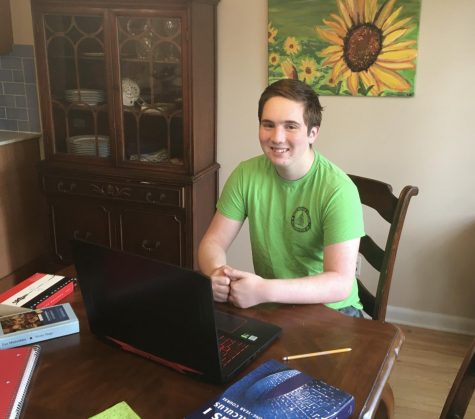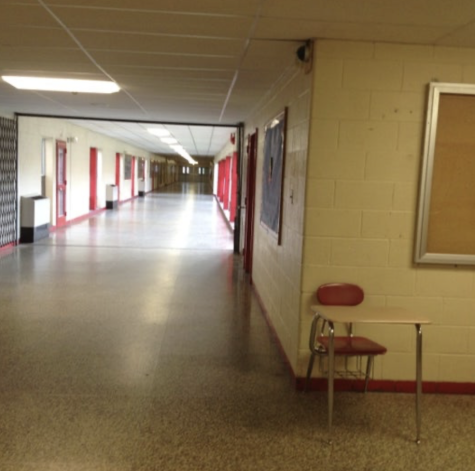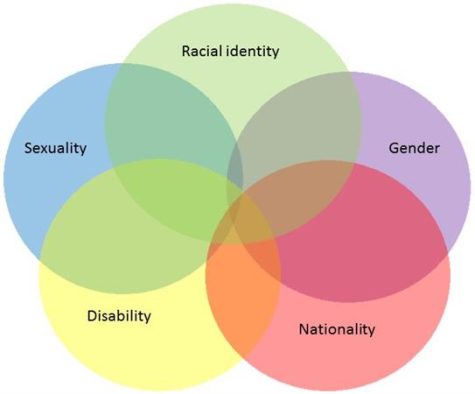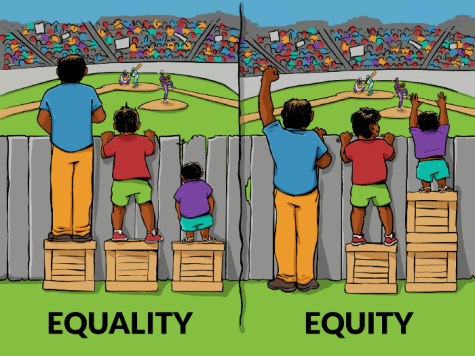As school returns, we can improve
The past few months have made me realize a lot about how we educate in Cherry Hill. Under circumstances where we were forced to abandon the “normal,” learning structures I realized some problems that exist with our old version of normal. As we forge a path towards a new normal in the months to come, the lessons of this experience need to guide improvements in the way our schools work.
Virtual learning provided us an opportunity to learn more flexibly. From March through June, I learned to cook, I took up running, I worked for a U.S. Senate campaign, and I relaxed and maintained a good sleep schedule. Back in February, those all would’ve sounded like pipe dreams. The weekly dredge of getting up at unhealthy times, learning for seven hours, then going home to complete homework for three more hours, and squeezing everything else in between, would’ve stopped all that.
I learned more applicable skills in my campaign job than I ever did in Functions or World Civilizations. That’s not to say traditional areas of education aren’t important. We should create a better balance — one that does not force students to, in totality, choose school over things like work, internships, extracurriculars, and other activities.
If we were to tell educators “you have seven hours per day, between homework and in-school work, for 180 days, to educate students,” I have no doubt they could do it. While it’s currently more like 9-10 hours between all learning responsibilities, teachers are strong professionals who could be trusted with this task of increasing efficiency for everyone’s benefit. With that timeframe, imagine a school day starting at 8:30 a.m., ending at 1:30 p.m., and carrying no more than two additional hours of work at home. All of a sudden, students have plenty of time to pursue other opportunities after school. There’s time in the day to actually sleep, too. And that’s not your entire life — in between sleep, work/activities, and school, we’d have plenty of time to hang out with friends and family, try new things, and sometimes just relax. The biggest argument against this might be that we’ll learn less, but I don’t think it needs to be so. I envision a transformation in which learning is the same or better, just in a more flexible and efficient way. This concept has been seen, for example, with productivity going up overall in companies that cut down to 4 days of work per week.
These numbers may need some tweaking, and the aforementioned setup may not be perfect. But neither is a system in which students struggle to fully pursue their passions and are bogged down with unhealthy stress and exhaustion. It shouldn’t have taken a global pandemic for students to consistently get enough sleep or for us to have the flexibility to take advantage of great opportunities, as I did. From now on, let’s change that.
While we’re on the topic of educational improvement, this situation puts things in perspective when it comes to curriculum. At home, I learned to cook and took up that responsibility within my family. For my whole life, I’ll use this skill. Things like managing finances, cooking and homemaking, getting a job, and other key life skills get, at best, one-time coverage in a single elective. Meanwhile, we learn plenty of material that — let’s be real — most of us will never need, every single day. Curriculums need to take a reality check, as we could be much more effective in making more of our teachings truly applicable.
From later start times and less unnecessary work to new and improved subject matter, there are real improvements we could make that would better the educational system. In all likelihood, though, none of this will happen. We’ll return to a status quo where asking a teacher why a topic matters “in real life” is seen as disrespectful, instead of valid and important. Stress and a lack of sleep will be talked about, but unaddressed. “This is how it’s always been”, we’ll say. “This is how it has to be.”
It doesn’t have to be this way, though. We could implement a range of improvements that will be good for students, teachers, parents, and schools. For that to ever happen, we have to work for that change.
Knowing how much good these improvements could do for us all, I’ll be advocating for them. I’m even exploring potentially starting an advocacy organization around this issue locally. I urge everyone to join the conversation about how we can make improvements as we return to school going forward. Whether you agree, disagree, or have different ideas of your own, there’s no denying that the system is imperfect, and we can always improve.

Elle Rood is a sophomore and Eastside Global Commentary Editor. Outside the (virtual) newsroom he can be found staffing national political campaigns, collecting...











